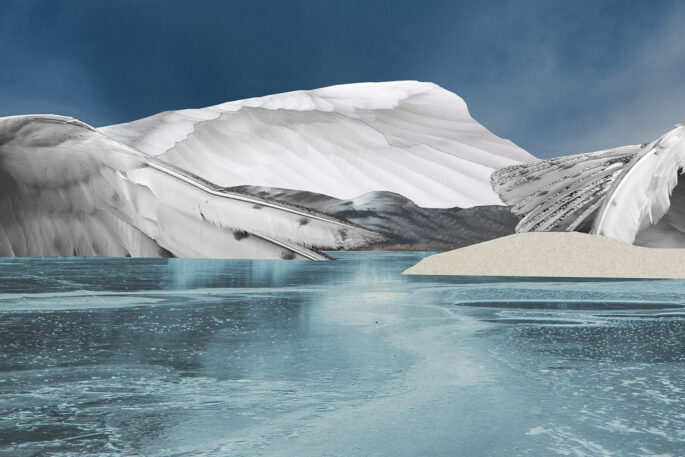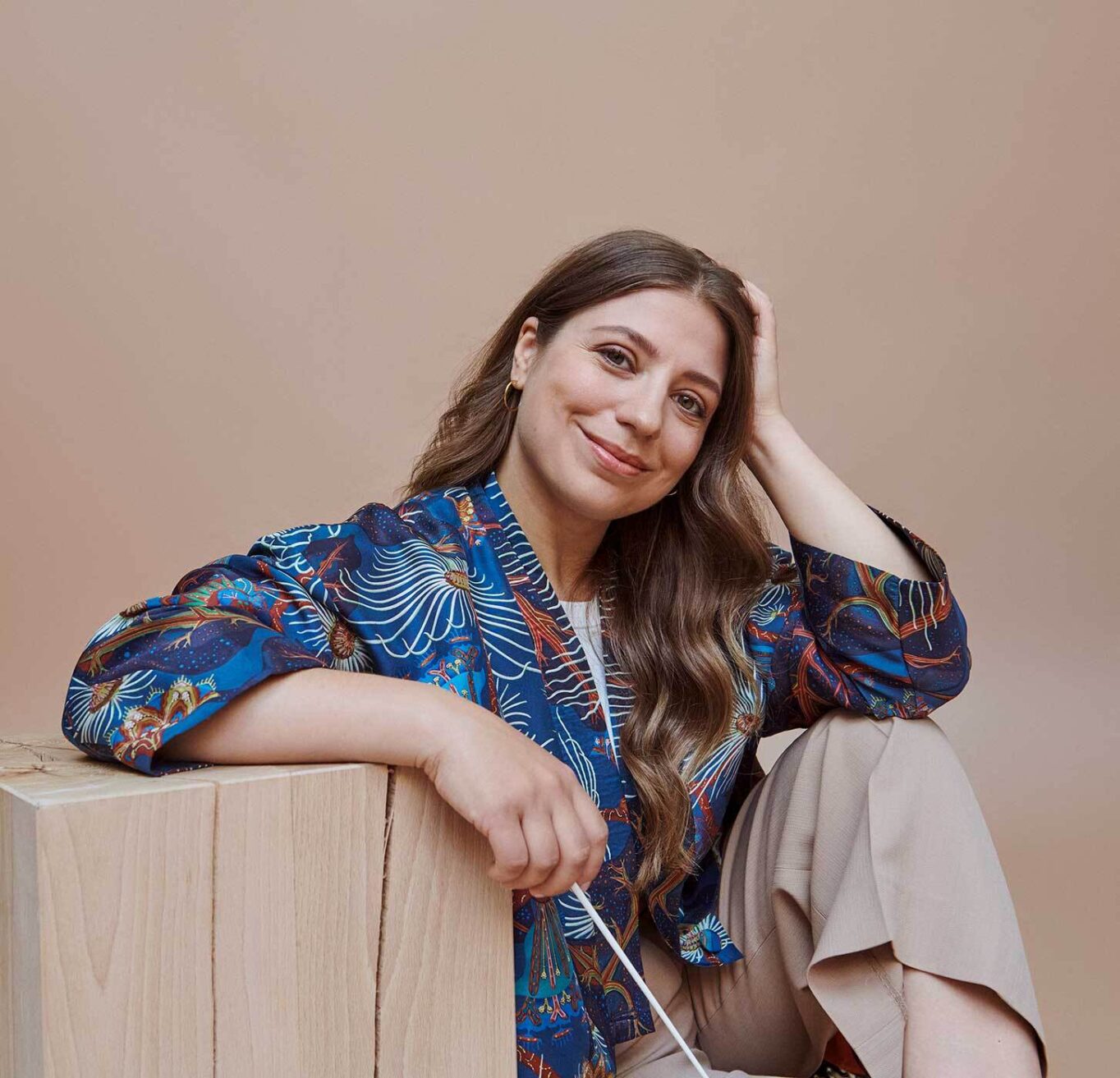
‘This is who we are.’ Dalia Stasevska on the music of Finland
24 May, 2024
Dalia Stasevska has fast become one of the leading younger conductors in the world. As she prepares to make her long-awaited Sydney Symphony debut with an all-Finnish program in July, she describes how her parents set her on her musical path, and why Finns identify so closely with art – and especially with music.
By Hugh Robertson
Dalia Stasevska is undoubtedly one of the brightest stars in the conducting world at the moment.
The last few years have established her as a major force on both sides of the Atlantic. Principal Guest Conductor of the BBC Symphony Orchestra and Chief Conductor of the celebrated Lahti Symphony Orchestra in her home country of Finland, she is also making serious inroads into America: in 2023 The New York Times named her one of their ‘Breakout Stars of 2023’, people who ‘broke away from the pack this year, delighting us and making us think,’ and she has conducted all the big American orchestras to great acclaim.
In July she makes her long-awaited Sydney Symphony debut in a concert filled with music by three major Finnish composers who span the 19th to the 21st centuries: Kaija Saariaho, Einojuhani Rautavaara and Jean Sibelius.
Born in Kyiv, Ukraine, Stasevska’s family moved to Finland when she was five years old, and it’s clear from talking to her that the country and its proud musical tradition is in her very bones.
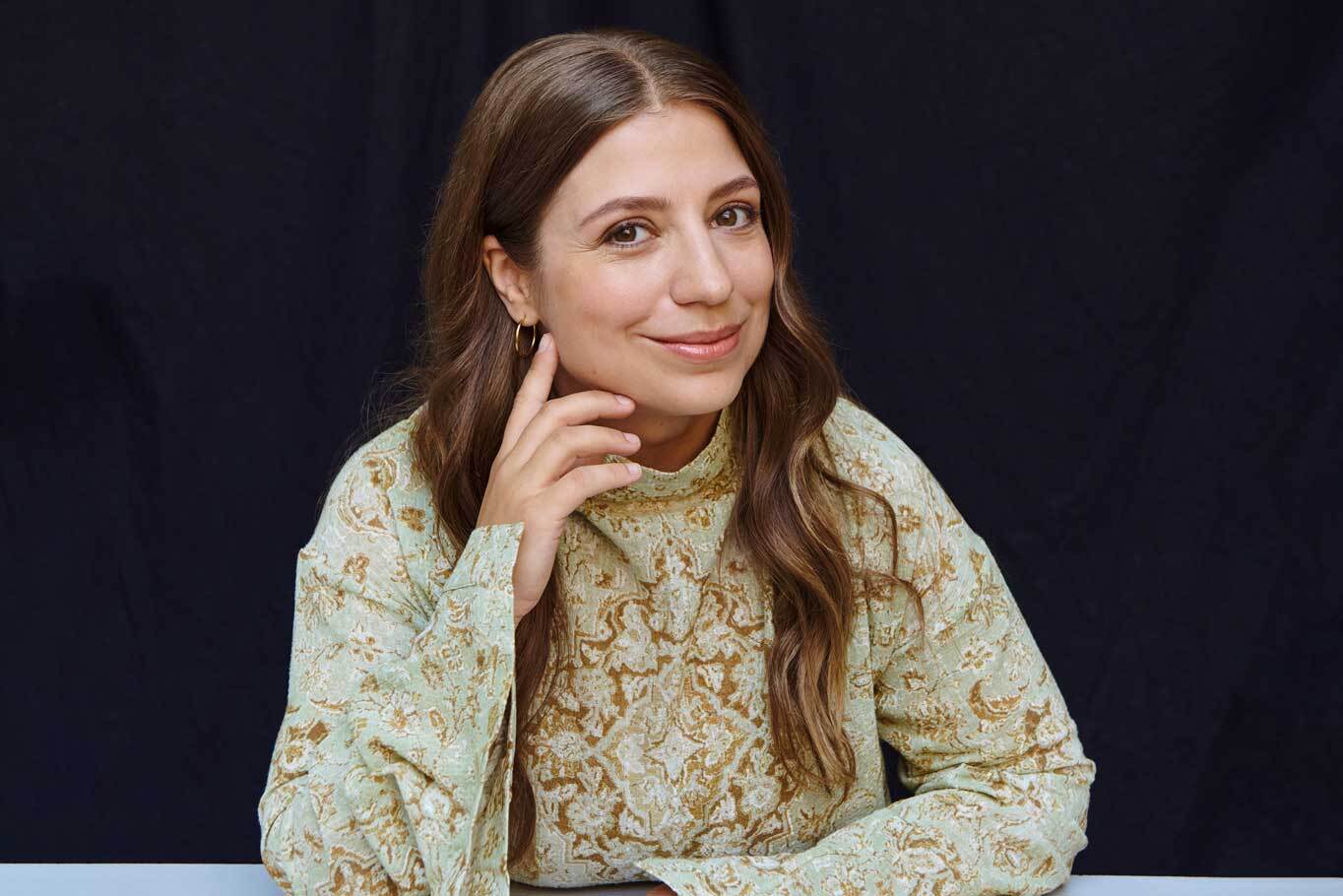
‘Finland is fairly young country,’ she says from her home, on a rare day off amidst a hectic schedule. ‘We have been independent a little bit over a hundred years. And how did Finland became what it is? It's through culture. The culture gave us identity. This is who we are.
‘Jean Sibelius was one of the most important voices to who we are as the Finns, if we listen to music. And we had important figures in literature, in arts, in architecture. So it's all about culture. And that's why I think being a small country, it has been for us very important to invest in our artists.
‘And we also have been very supportive of each other, that we take care when we go, if anybody has a chance in the world. So we then are proud of our colleagues and friends. And for example, like for me as a conductor, I try to take care for the young voices, Finnish voices and to play them around the world.’
Hence the choice of works in this program.
‘Sibelius is one of the most important voices for Finnish music and for Finnish culture,’ says Stasevska, explaining how this concert came together. ‘He's a national hero and one of the most important figures.’
But at the same time, Sibelius' music is also international. It doesn't have boundaries. It speaks to anybody who wants to listen to it and loves his language.
Stasevska chose the works by Rautavaara and Saariaho because they use that same musical language to say something new.
‘Both Rautavaara and Kaija, they are continuation of our music tradition,’ she says. ‘I see a lot of continuation from Sibelius in them.’
Another connection that it was important for Stasevska to make concerns birds. The third movement of Sibelius’ Fifth Symphony was famously inspired by swans landing on a lake, a phenomenon Stasevska describes as ‘almost like a spiritual experience’ for Finns as it heralds the coming of spring after a long, hard winter. Rautavaara was similarly inspired by migrating birds in his Cantus Arcticus, which he subtitled Concerto for Birds and Orchestra.
‘What is so amazing about this piece that we actually hear sounds of migrating birds that Rautavaara himself recorded sitting in the bushes somewhere in Lapland,’ Stasevska says with a laugh. ‘Then he composed this music around it where we try to imitate birds, [so] we are in a way having a discussion with these birds that come from the tape.’
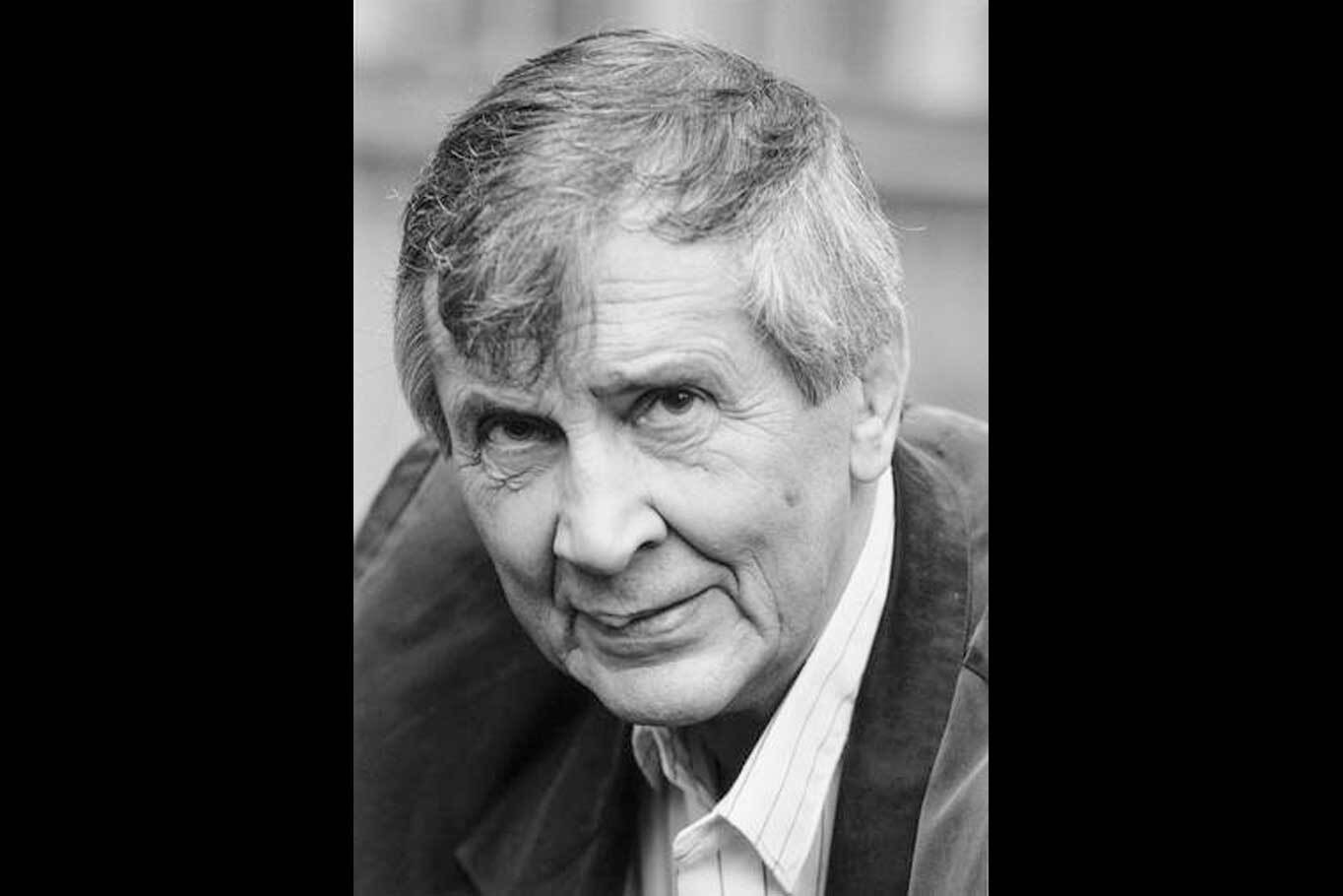
Stasevska also mentions the personal connection between the two men. ‘Rautavaara was – many might not know, but he was supported by Sibelius, and Sibelius thought of him as a great talent, and even wrote him a recommendation with which he got a scholarship in America to study. So that connection is for me very important.’
‘It’s a wonderful piece,’ she continues. ‘It’s also like a state of mind, the whole piece. It's really, really powerful and I think one of the most amazing compositions Rautavaara ever composed and I'm really happy that I could program it in this way.’
The third composer featured in this concert is one rarely heard in Australian concert halls, which is our great loss. Kaija Saariaho (1952–2023) was voted the greatest living composer by BBC Music Magazine shortly before her untimely death. Over the course of her long and highly acclaimed composing career her musical language was forever evolving, at various times seeing her compared to spectralists and serialists, but through it all was a strong emphasis on a total immersion in sound rather than a linear journey from one note to the next. Perhaps unsurprisingly given these qualities in her music, Saariaho experienced a kind of synaesthesia, and in a book written about her by musicologist Pirkko Moisala is quoted as saying:
... the visual and the musical world are one to me ... Different senses, shades of colour, or textures and tones of light, even fragrances and sounds blend in my mind. They form a complete world in itself.
The music we will hear in this concert – Saariaho’s harp concerto, Trans, which receives its Australian premiere in this concert performed by its commissioner, Xavier de Maistre – is just such a world in itself, the harp initiating musical utterances that are then passed around the various instruments of the orchestra, creating a rich and immersive soundworld.
Stasevska describes Saariaho’s music as ‘cosmic’ and ‘celestial’, full of shimmering sounds and extraordinary musical textures, and is thrilled to finally get the chance to conduct this concerto for the first time.
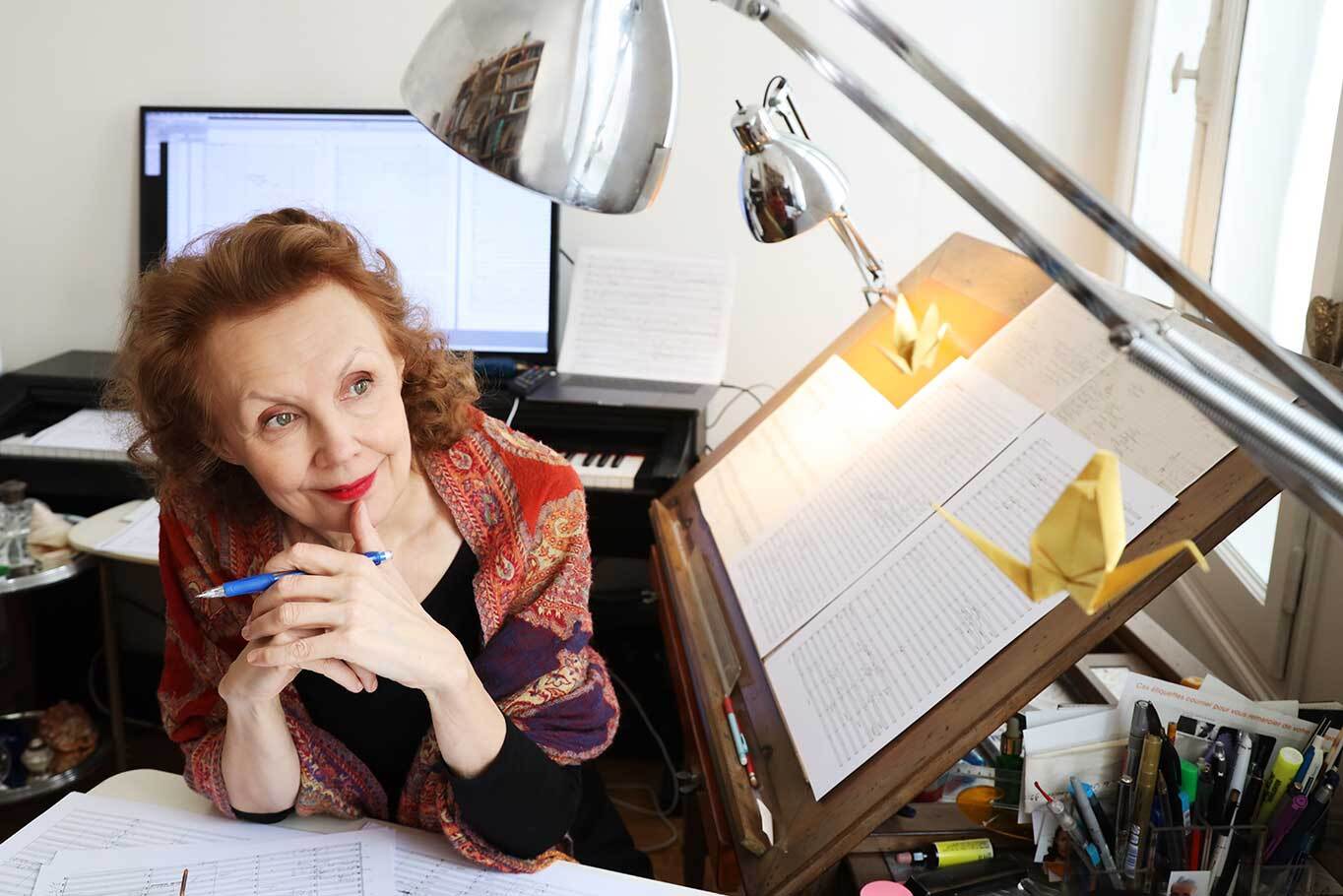
The final piece in this concert is Sibelius’ Fifth Symphony, one of his best-loved works and one of the most-admired symphonies ever written. It is an extraordinarily powerful and moving work, its memorable themes appearing throughout the piece, each time encountering us like old friends, slightly changed as we ourselves change over time.
Stasevska is not the first to be almost lost for words in describing the power of this music.
‘It’s one of the most incredible journeys to experience,’ she says. ‘I don't think that you have to even prepare, just be free when you come into that space. Take your imaginative chair into the most beautiful place in nature that you can imagine. Close your eyes and just go on this amazing, amazing journey that this symphony takes us on.
‘I think that this symphony is like a state of mind that Sibelius is inviting you to. And at the very end, you in a way understand the whole trip that you made with him, when the harmonies start to almost crack and there's just so much noise and energy. He collects all that force, and then at the end you hear only six chords and a lot of silence between that. Those six chords are like drops [with] the whole symphony in it.
This is always what I feel with the symphony – that he is kind of like pushing us into the state of mind and then he frees us. And the silence between the six chords is just like mind blowing how much emotion there is and how much music there is written in it.
‘But this is what great music is about, you know,’ says Stasevska. ‘Sibelius was of course inspired by this amazing sounds of swans and their movements. But when he composed it into music, it became even something bigger, it became cosmic, you know, and everybody can have their own interpretation of that, what it means to them. That is great music.’
What an opportunity to hear this great music, and all the richness of Finland’s musical heritage from the 19th century to the present day, led by this thrilling conductor.
Book Your Tickets
Dalia Stasevska conducts Sibelius’ Fifth Symphony
Finnish conductor Dalia Stasevska conducts this program of works by her homeland’s greatest composers – Sibelius’ extraordinary Fifth Symphony, Einojuhani Rautavaara’s Cantus Arcticus and Kaija Saariaho’s Harp Concerto featuring soloist Xavier de Maistre.
5 & 6 July | Sydney Opera House Concert Hall
